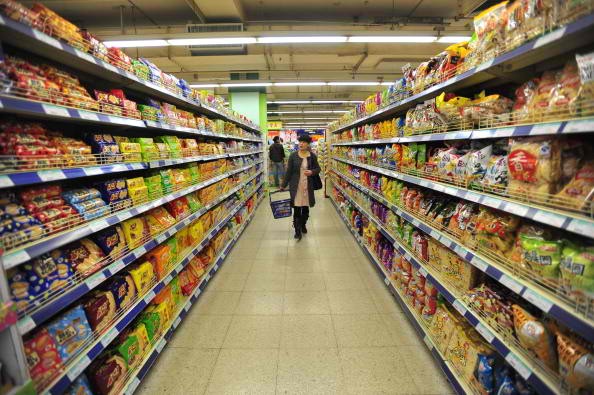Calbee's breakfast cereal, a product made in Japan, is more expensive than oatmeal but has increased 1.7 percent in market share.
There is a rise in consumption of breakfast cereals and other imported products in China specifically in Hong Kong, according to research findings of Kantar Worldpanel.
Jeff Williamson, director of California State Trade and Export Promotion, said in the welcoming remarks of the 27th China Food Expo, that there is a rising demand for these imported products because of the increasing purchasing power of middle and upper classes in China.
He said, "There are about 225 million middle-class people and another 60 to 70 million upper-class people in China, so the market overall is almost larger than that in the United States."
In Hong Kong, Chinese consumers from the mainland enjoy a tax exemption when they bring in grocery items back.
Astor Kwong, head of sales for the Asia-Pacific Consumer Products Division, Crunchies Natural, said that their newly launched frozen fruits and baby food are bought mostly by consumers from the mainland.
Another entrepreneur, Ray Schuschu, vice president of international sales of U.S.-based Earth Friendly Products, said the firm's business in China is growing at 10 percent annually. The company produces organic household cleaners.
The middle class in China is particularly attracted to buying imported products because they have a distinctive taste and pays more attention to brands than the lower income classes. At present, they compose the largest amount of consumers in the market.
Many businesses tried to focus on the country's upper class but failed. For example, when Inter IKEA Systems B.V. first entered China in 1998, they offered stylish furniture at premium prices.
Ikea's sales push did not work. When they repositioned to target the middle class, they sold more than expected.



























